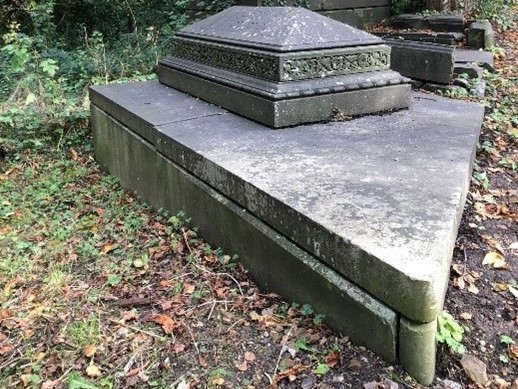
Sir Arthur Hall’s memorial. Source: Wikimedia.
Sir Arthur Hall created Sheffield’s modern medical school and is considered one of the most influential members of the medical profession in Sheffield. He began his studies in Sheffield at the old medical school, then went to Cambridge and to St Bartholemew’s Hospital, London, qualifying in 1889, after which he returned to Sheffield and joined his father’s practice. He became a consultant at the Public Hospital and Dispensary, later the Royal Hospital, where he worked until his retirement in 1931. When the medical school transferred to Surrey Street Arthur Hall invested his time, energy and skill in improving and developing it. Later, when the Medical School became part of the University of Sheffield, he was appointed Dean in 1911, and from 1915 Professor of Medicine. Despite heavy teaching and administrative commitments he was active in research and in 1924 published a book on encephalitis lethargica which brought him international recognition. He served as external examiner to other medical schools, and on the Radium Commission and the Industrial Health Research Board. He was in charge of the Northern General Hospital during the First World War. Today the Sir Arthur Hall Memorial Lecture is given every three years in his honour. He was buried with family members in plot W1 85 – 86 in the Anglican area, next to the main drive and near the Mark Firth monument.
You can read more about the history of healthcare in Sheffield and biographies of those who worked in a range of clinical and allied professions in the Sheffield General Cemetery publication Post Mortem.



